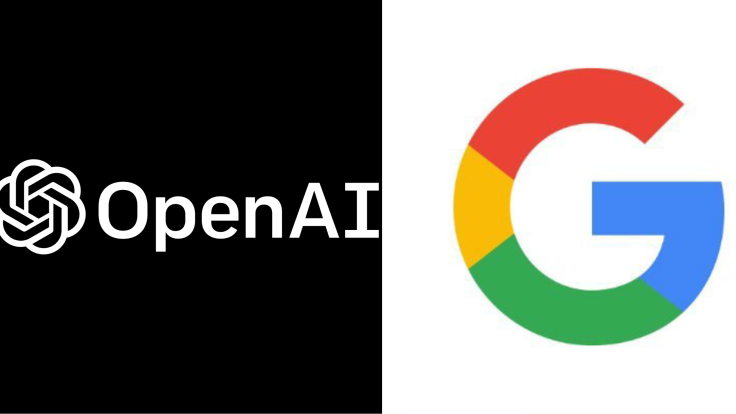Bard vs ChatGPT: does Google have an advantage?
With Google set to release ChatGPT rival named 'Bard', the tech giant might have certain advantages over its competitor.

ChatGPT is a revolutionary new AI software that has taken the digital world by storm. Created by OpenAI, a San Francisco based AI company. Originally a 'non-profit' company, in 2019 OpenAI received $1 billion in funding from a series of tech entrepreneurs including Elon Musk.
On the back of this funding OpenAI released ChatGPT in november 2022. ChatGPT has an amazing ability to understand context in users' searches, and uses this to scan the web to provide the most relevant and helpful information.
ChatGPT not only serves as a search engine, but can also be used to generate essays and even code in a matter of seconds. It requires a very small amount of contextual input from the user, and creates a result of text mimicking human language to an extreme likeness.
This groundbreaking software quickly gained an audience, and currently holds over 100 million users. It is because of this rapid success Google have decided to release their own AI service called 'Bard' which will serve as a direct competitor to ChatGpt. The fact Google has decided to invest in this technology serves to prove how widespread it is going to become.
But how can Bard possibly serve as a competitor when ChatGpt have already gained such a large following and created a name for themselves worldwide? Alec Boere, the Associate Partner for AI and Automation, Europe at Infosys Consulting, discussed the possible advantages Bard could have over ChatGPT.
One potential advantage Boere suggested is cost. "It'll be interesting to see whether operating costs are lower for Google. The cost of ChatGPT's search is more expensive than a typical Google search because of the processing power that sits behind it," said the associate partner.
We can assume that the power and cost of a Google Bard search will be more than that of a typical Google search. However, the exact figures are unknown at the moment. Although Boere did mention that "Google's Bard is set to initially operate on a lightweight version LaMDa, which will require less power so that more people can use it".
This will be an essential factor in Google's success, particularly in the long run. If this AI software does go on to be as successful as many suspect then it will naturally gain more users as time goes on. Therefore, whatever software can handle a greater capacity of users will inevitably come out on top.
Especially if chat AI goes on to become more relevant in day to day life - which Boere suggests it could. Going as far as to say "It could in time become our own personal AI". The associate partner feels "the technology is drastically accelerating the ability to mimic human conversation". He further elaborated by saying that AI has allowed technology to understand what users want and what options are available to them - it is "becoming a bit like financial advisors, or holiday diary planners."
Another potential advantage for Google Boere suggests, is Google's pre-existing users. Despite ChatGPT gaining over 100 million in the space of a few months, Google is a household name and has one billion daily users.
ChatGTP is frequently over-capacity which gives Google's Bard space to grow a larger audience. Bard also offers a wider "reach, access to information and the type of media it offers", with Boere also suggesting that because of the search engine aspect of Bard's technology, it could even go on to replace Google's current search engine, which is what earned google its initial success.
Despite outlining the many advantages Bard could have over ChatGTP, Boere does admit that while "Bard may be a rival to ChatGPT after it launches to the wider public in the coming weeks, the two will likely become companions to many in the future".
No matter the outcome of this rivalry, it can be said with certainty that both these softwares will go on to gain success in the future. And despite the incredible advancement in AI software chat AI like ChatGTP have made, Boere proposed that "we're only at the tip of the iceberg when it comes to exploring the potential of this AI."
© Copyright IBTimes 2025. All rights reserved.





















